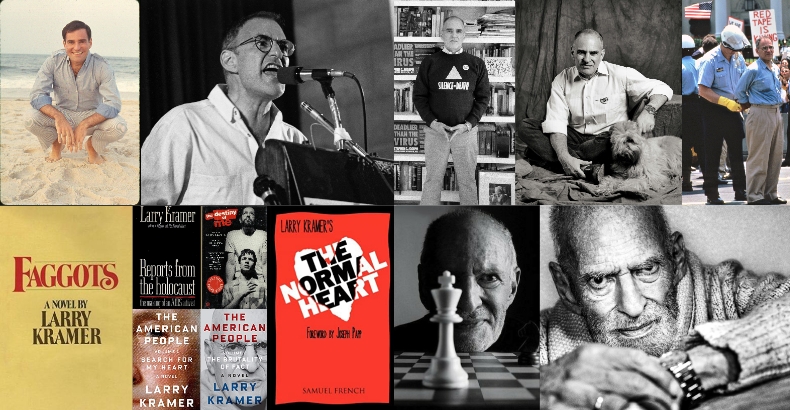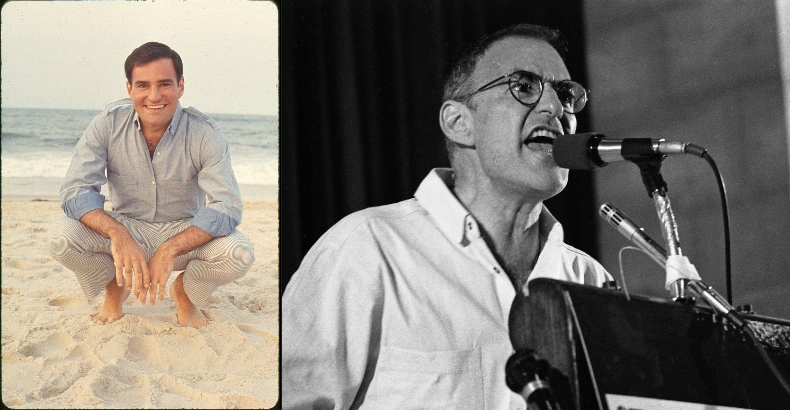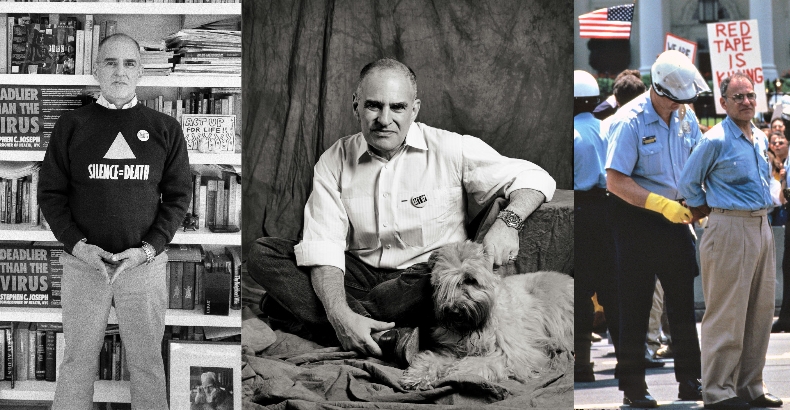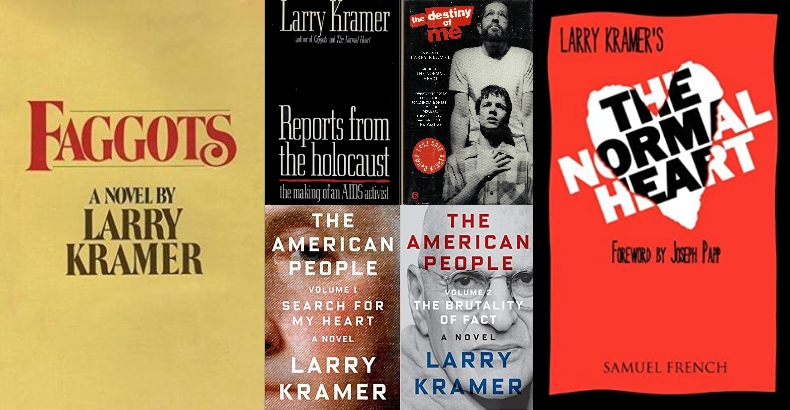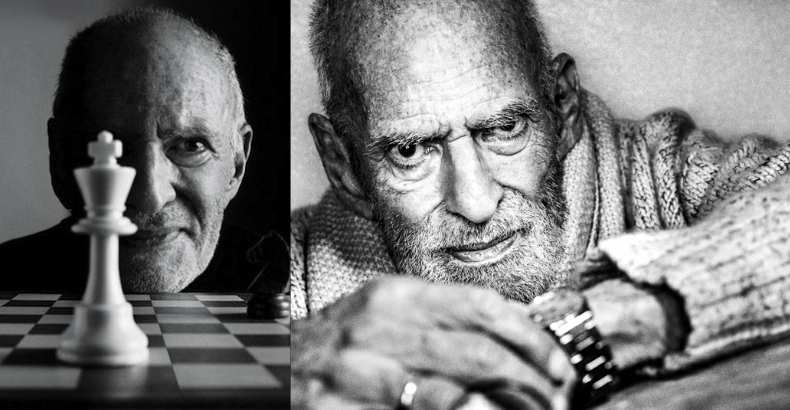America has just lost one of its greatest and most vocal fighters; though, ironically enough, his battles were oftentimes waged against the American power-structure. And, while there’s little I can add to the numerous obituaries that have been written about Larry Kramer, he played such an important role in the lives of everyone in my generation and those that followed (whether they are aware of it, or not), that it bears saying, once more.
Where would anyone—regardless of sexual orientation—be, with regard to HIV/AIDS, were it not for Larry Kramer, who hosted the first meeting of what would eventually come to call itself the Gay Men’s Health Crisis (GMHC), in 1982, by inviting the 80 men he described as “the A-list” to his co-op at 2 Fifth Avenue, to discuss the so-called “gay cancer” that had just been declared an epidemic by the Centers for Disease Control.
According to a factsheet put out on World AIDS Day 2019 by UNAIDS, as of year-end 2018, 74.9 million people had been infected with HIV, of which 32 million had died of AIDS-related illness. And while annual figures continue to drop—as a result of global education, government action, and pharmaceutical treatment—there were still 770,000 AIDS-related deaths in 2018.
Much like we’ve come to realize with coronavirus and COVID-19, today; had the powers-that-be recognized and addressed the problem sooner (albeit in years, not weeks), the rate of infection would have been much lower, and therefore far more manageable.
Then, in 1987, an enraged Kramer—who’d parted ways with the GMHC a year after its founding, because while the rest of the board felt that its mission was social outreach to the infected and dying; Kramer was adamant that political activism was necessary to battle the government’s inaction and the gay community’s indifference—spoke at New York’s Lesbian, Gay, Bisexual, and Transgender Community Services Center, and delivered a speech so rousing that it inspired the founding of the AIDS Coalition to Unleash Power (ACT UP), two days later.
As Dr. Anthony S. Fauci once told The New Yorker, “There is no question in my mind that Larry helped change medicine in this country, and he helped change it for the better. When all the screaming and the histrionics are forgotten, that will remain.” *
Imagine the bravery (and frankly, nerve) it must have taken to write Faggots in 1978; less than a decade after Stonewall, and years before AIDS. Or to pen a play as moving as The Normal Heart in 1985? Or to go public with an HIV+ diagnosis in 1989? Or just to wake-up, every day, and feel the fire burn inside of you, energizing you to keep fighting and screaming and demonstrating?
And while I might never have the requisite words to thank Larry Kramer for daring to say what he felt required saying, and doing those things he felt necessitated doing; the following tribute is what I wrote on Instagram, upon hearing of his passing.
RIP, Larry Kramer. You screamed the truth in the faces of those who would not listen until they could ignore it no longer, and then realized that this was only a beginning.
From the pages of 1978’s Faggots, and the scripts of 1985’s The Normal Heart (for the 2014 HBO adaptation of which you received a Primetime Emmy Award for Outstanding Writing for a Miniseries, Movie, or Dramatic Special) and 1992’s The Destiny of Me (for which, in 1993, you received two Obie Awards and were a finalist for the Pulitzer Prize for Drama) you semi-autobiographically expressed your truths and charted a path that would be followed by the generations of LGBTQ writers that followed.
That you lived a life of extremes is evidenced by your screenplays to 1969’s Women in Love (for which you were nominated for the Academy Award for Best Adapted Screenplay) and 1973’s Lost Horizon (which, in addition to being widely considered one of the worst movies of all-time, is credited with breaking-up the partnership of Burt Bacharach and Hal David).
You co-founded the Gay Men's Health Crisis (GMHC) in 1982 and published the 1983 essay “1,112 and Counting,” a battle-cry that presaged your ouster from that organization’s board. Then, in 1987, your impassioned speech for activism would inspire those gathered to form the AIDS Coalition to Unleash Power (Act Up), two days later.
And while the war against HIV/AIDS is still being waged across the globe—according to a UN report, 770,000 people died from AIDS in 2018—the slowing of the virus’ spread (through education, government action, and pharmaceutical treatment) never would have been possible without the ferocious activism displayed by you and your peers.
Thank you, Sir.
Olev hasholem
Laurence David Kramer
June 25, 1935 – May 27, 2020
Author • Playwright • Activist • Catalyst
[Editor’s Note: “Public Nuisance” by Michael Specter; May 13, 2002)

